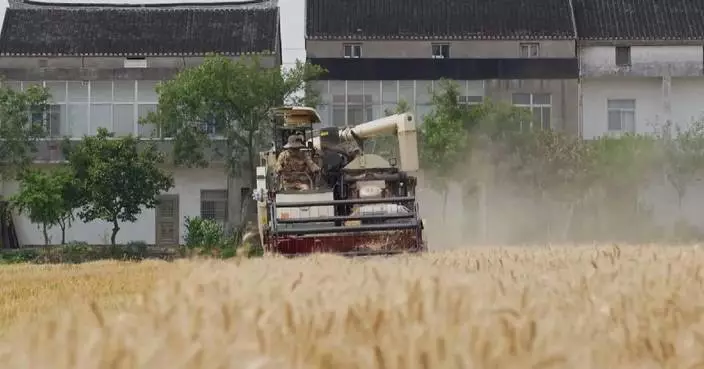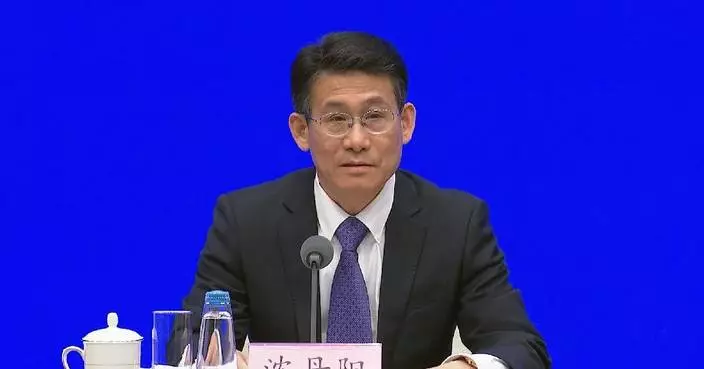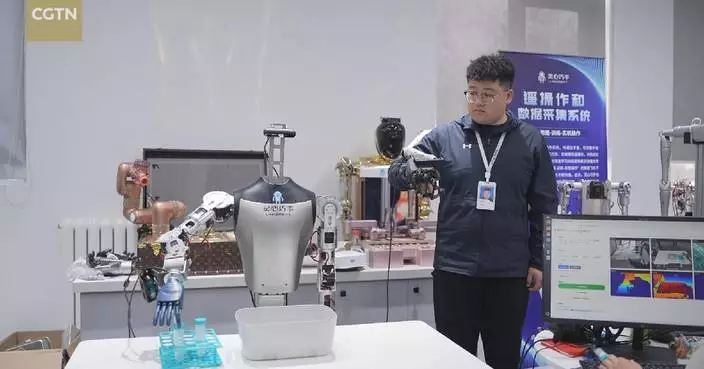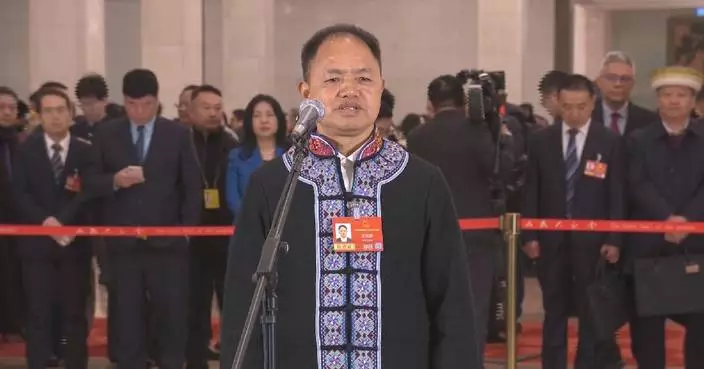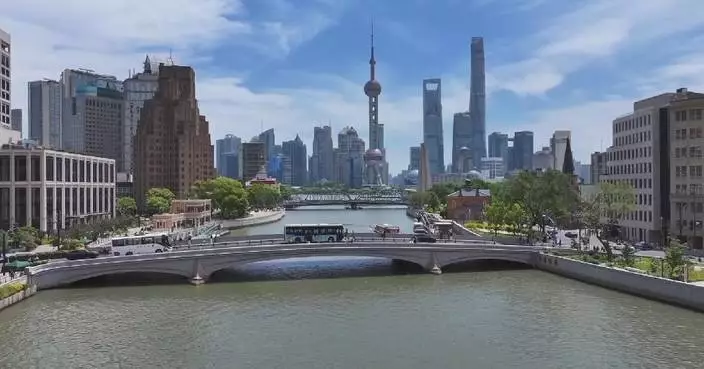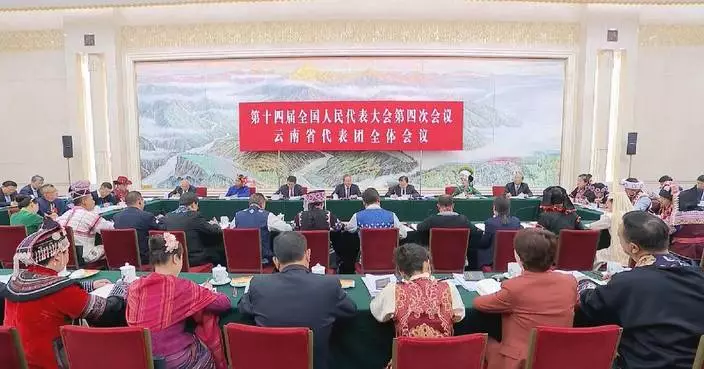A Malaysian researcher expects the positive outcomes of the first meeting of the China-U.S. economic and trade consultation mechanism in London to bring much needed stability to the trade relationship between the two major powers which will benefit Malaysia and the wider ASEAN region.
In an interview with the China Global Television Network (CGTN), Peter TC Chang, former deputy director of the Institute of China Studies at the University of Malaya and a research associate at the China-Malaysia Friendship Association, said he was encouraged by the progress made at the China-U.S. trade talks in London from Monday to Tuesday.
An official from the Chinese ministry of commerce said the two sides conducted professional, rational, in-depth and candid exchanges during the two-day meeting, and have agreed in principle the framework for implementing the consensus between the two heads of state during their phone talks last Thursday, as well as those reached at the recent meeting in Geneva.
Giving his reaction, Chang said the London meeting has sent out positive signals which will encourage markets across Asia following the recent tariff escalation.
"We are happy to hear that both major powers have agreed in principle on a framework in which a deal with their trade, tariffs and exports control [can be made]. First, in Malaysia and ASEAN, we have always had this world view that the major powers of the world should really work together. It is to ASEAN and Malaysia's benefit that China and U.S. are able to strike up a cordial and respectful relationship. Therefore, the news coming out from London was indeed a good one for us," he said.
"China and the U.S. are both major trading partners for Malaysia and ASEAN in general. So, the tariff war has not only hurt the two major powers, but it has also hurt Malaysia and ASEAN as well. So, we just hope that this meeting coming out from London will bring some sort of stability to the very tense trade relationship between the two powers and that will really benefit Malaysia and ASEAN as a whole," he said.
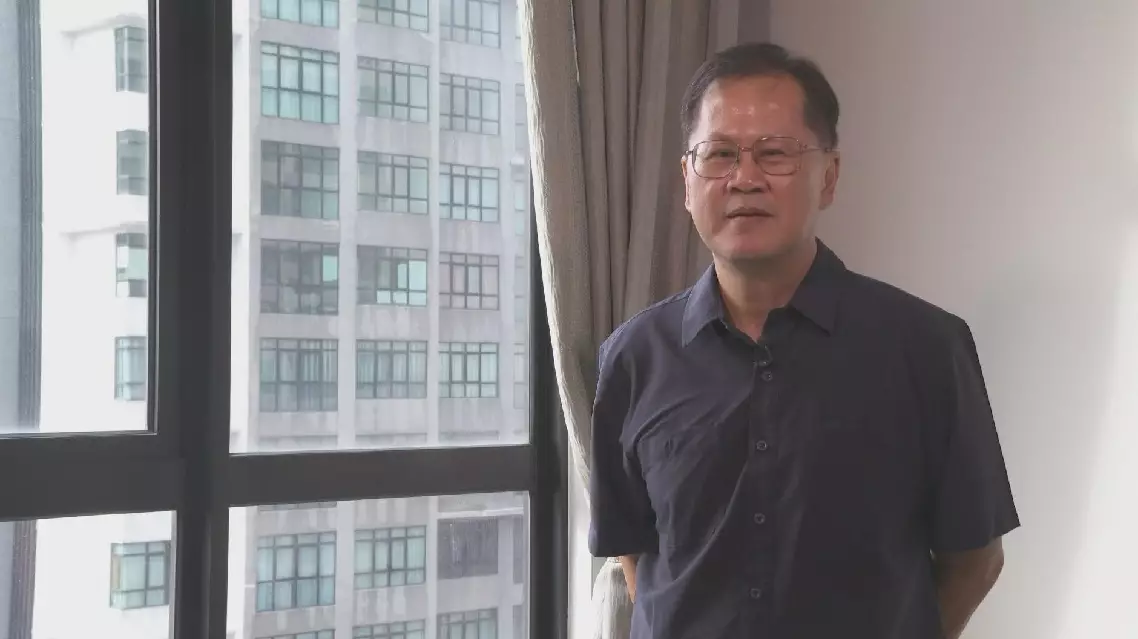
China-US trade talks bring stability, benefits ASEAN region: Malaysian expert
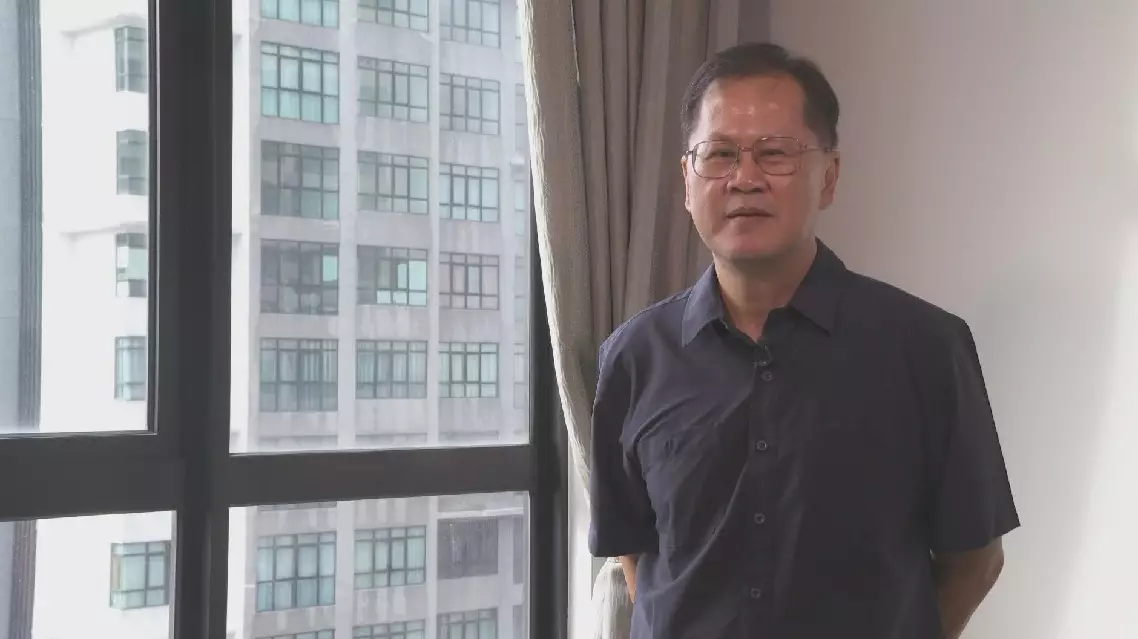
China-US trade talks bring stability, benefits ASEAN region: Malaysian expert
China will take more effective measures to improve people's wellbeing, especially in education, healthcare, and social security, an official said Thursday in Beijing at a press conference on the interpretation of this year's government work report, which was submitted to the national legislature for deliberation earlier in the day.
Shen Danyang, head of the government work report drafting team and director of the State Council Research Office, said centering on enhancing educational equity and quality, the report made arrangements for education at all educational stages and of all types.
"Regarding preschool education, the policy of free education in the year prior to entering primary school will continue to be implemented this year, which is commonly referred to as free admission to the senior class of kindergartens. So, how can the income reduction of kindergartens be addressed? Subsidies will be provided by both the central and local governments, with the central government taking the lion's share. This year, the funds allocated to support the development of preschool education will increase significantly by 37.8 percent to ensure the implementation of the beneficial policy," he said.
Regarding senior high school education, Shen said the report stated that the supply of regular senior high school places will be increased,
Specifically, for areas with a continuous net inflow of population, a number of regular high schools will be planned and constructed on an annual basis. For regions with a temporary shortage of school places, priority will be given to the renovation and expansion of existing teaching buildings, student dormitories and canteens, he said.
Shen said the report put forward many supportive measures in healthcare.
"For instance, it urged efforts to strengthen coordination in drug use at the grassroots level, which mean improving the list of essential drugs, and optimizing the channels for drug supply and drug use coordination between upper- and lower-level medical and health institutions to make it more convenient for the public to use drugs at their doorstep. Besides, the report has made arrangements for supporting the development of innovative drugs for the third consecutive year. This year, China will strengthen the coordination of supportive policies in an all-round way, further address issues such as the barriers facing innovative drugs entering hospitals, and better meet the diverse medical and medication needs of the people," he said.
In terms of social security, Shen said the report proposed to continue raising the minimum standard of basic pensions for urban and rural residents -- a policy will benefit over 180 million elderly people.
"The central government will allocate 1.25 trillion yuan (about 181.25 billion U.S. dollars) in subsidy funds to ensure the timely and full payment of pensions. In response to the insufficient protection of the rights and interests of people engaging in new occupations, the report proposed to steadily and orderly expand the scale of the pilot program for occupational injury insurance. This year, the policy will cover 31 provincial-level regions across the country and the Xinjiang Production and Construction Corps. Meanwhile, enterprises specializing in travel, instant delivery and intra-city freight delivery will be included in the pilot program, which will ensure the safety of more laborers, such as food delivery workers and online car-hailing drivers," he said.
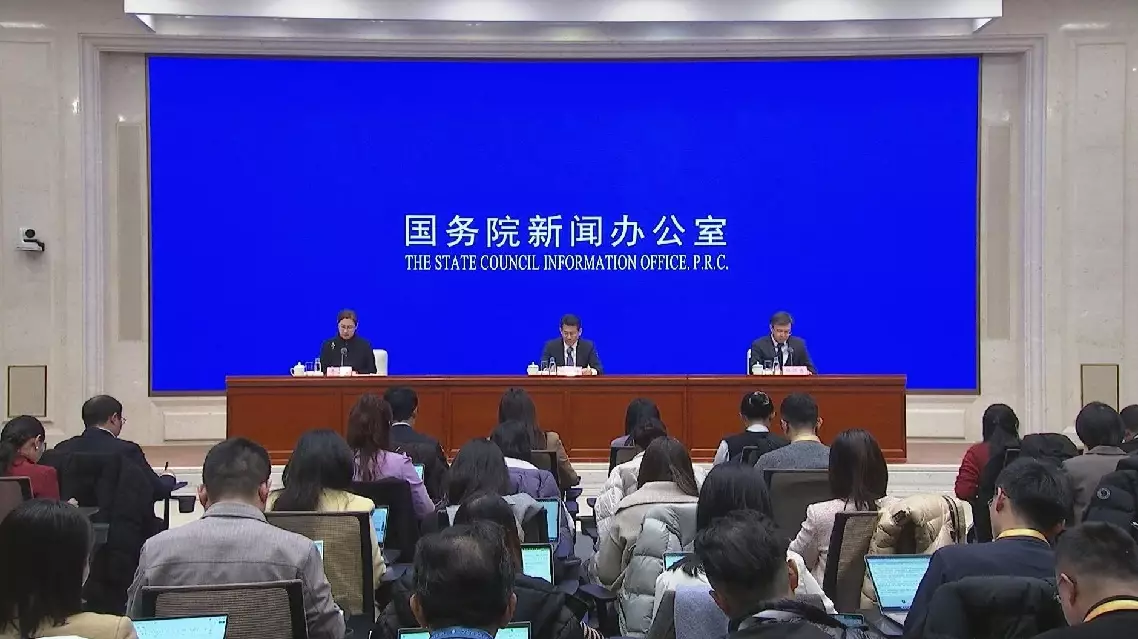
China to improve people's wellbeing in education, healthcare, social security: official





